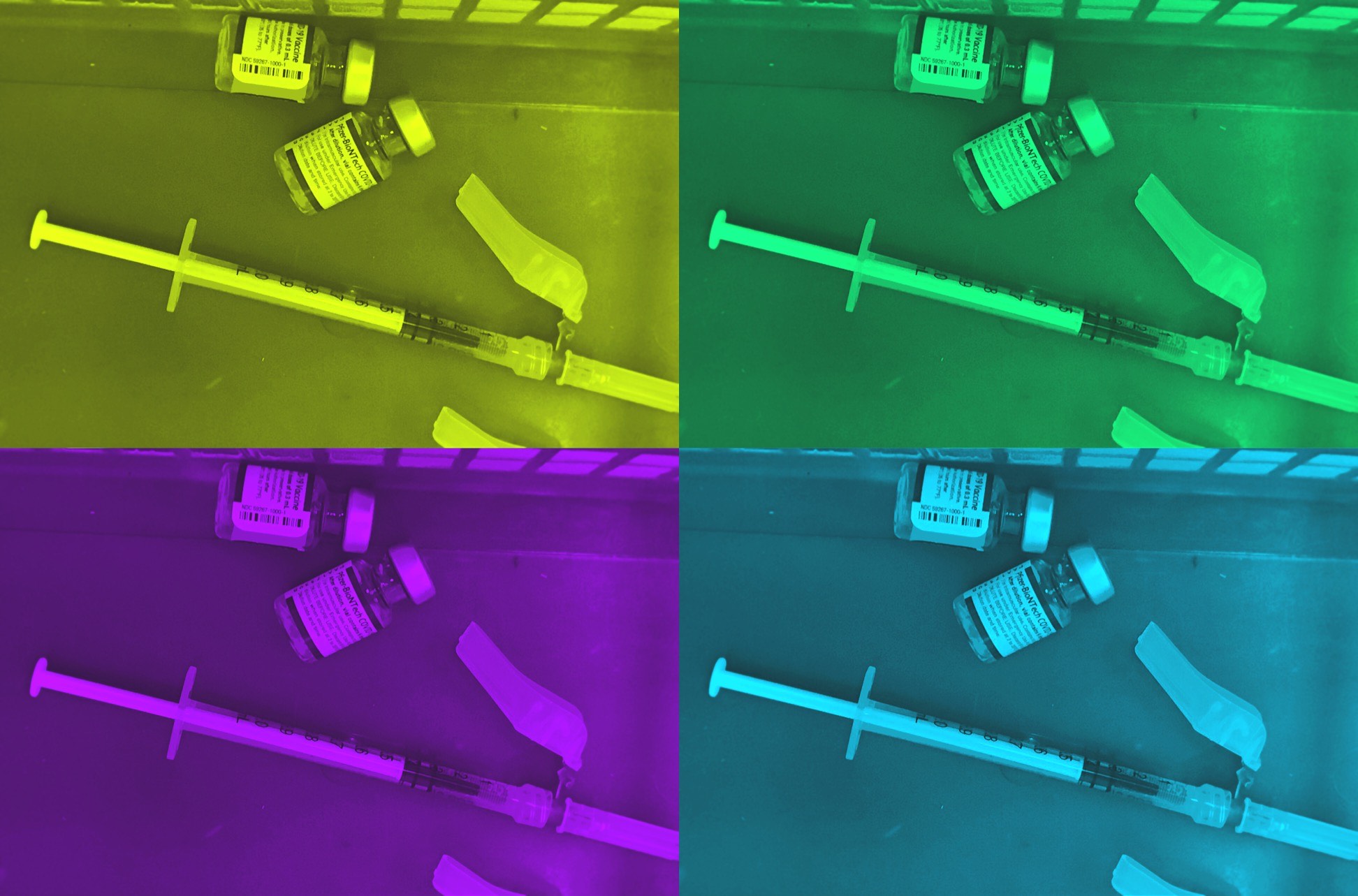Today, the U.S. Food and Drug Administration (FDA) approved the first single dose vaccine. It is made by Johnson and Johnson.
Like the Moderna and the Pfizer vaccines, it is approved on an emergency basis. But it is for individuals 18 years of age and older. The FDA website states:
“The authorization of this vaccine expands the availability of vaccines, the best medical prevention method for COVID-19, to help us in the fight against this pandemic, which has claimed over half a million lives in the United States,” said Acting FDA Commissioner Janet Woodcock, M.D.
This brings the total of vaccines approved to three, under the emergency use authorization.
The data also show that the vaccine’s known and potential benefits outweigh its known and potential risks, supporting the company’s request for the vaccine’s use.
After a person receives this vaccine, the body can temporarily make the spike protein. but it does not cause disease. Instead, it triggers the immune system to learn to react defensively, producing an immune response against the virus.
FDA Evaluation of Available Safety Data
The vaccine is administered as a single dose. The available safety data to support it includes an analysis of 43,783 participants enrolled in an ongoing randomized, placebo-controlled study being conducted worldwide.
VACCINES ARE KEY
COVID-19 is a vaccine-preventable disease. More, adults in the United States can now get a free vaccine regardless of their immigration or health insurance status.
Moreover, they are safe and effective. Also, while some “breakthrough cases” do occur, vaccines substantially curb the symptoms.
Additionally, here are our key health messages on vaccines:
Vaccines Protect the Person Receiving it
Vaccines help to protect us from the virus.
Vaccine Protect Others, too
More, they protect others, also. And it is important to remember that some cannot receive it, including children. In fact, you can have it but show no symptoms.
Please get the shot and encourage others, too.
Previous Infection will not Protect you
If you previously had the virus, you still would need the shot. And here is why.
First, it is unclear how long immunity lasts. We wrote a number of articles documenting reinfection. And that is because there are new strains. More, viruses mutate over time. Thus, the strains currently being spread are different from the strains from last year.
So even if you had it, you can get it again.
Second, it protects others. Early evidence shows vaccinated individuals are less likely to spread the virus to others. And remember, not everyone is eligible to receive it.

